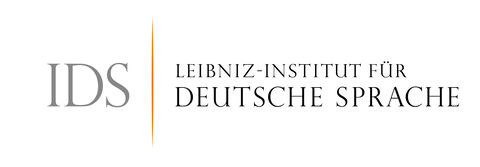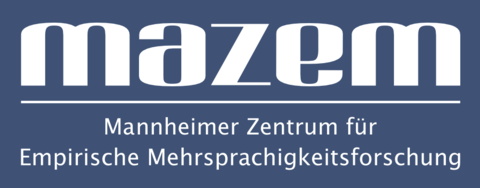The School of Humanities is particularly successful in the field of knowledge transfer. This is not only due to the School’s research projects of high social relevance that are carried out by the individual departments, but also to the personal commitment of the School’s researchers. These are optimally networked with the City of Mannheim and its institutions and cultural facilities.

The Leibniz-Institut für Deutsche Sprache – a strong alliance
The School of Humanities maintains close personal and professional ties with the Leibniz-Institut für Deutsche Sprache (IDS).
The IDS is the central non-university research institution for the study and documentation of the contemporary usage and recent history of the German language. Together with 91 other non-university research institutes and service institutions, it is a member of the Leibniz Association. With its numerous lecture series, conferences and colloquia, the IDS is a place of scientific encounter and communication for German philologist from Germany and abroad and for all those interested in the study of languages

MAZEM – a reliable partner in the field of continuing education
With the Mannheim Centre for Empirical Research on Multilingualism (MAZEM), the School of Humanities has an important partner for knowledge transfer in the field of continuing education. In 2011, the MAZEM was founded by researchers of the Chair of English Linguistics, Anglisitk I, as a non-profit limited liability company. MAZEM emerged from the “Research and Contact Centre for Multilingualism” initiated at the University of Mannheim in 2002. The centre transfers knowledge from linguistic research into practice by way of scientific evaluations, language proficiency testing, language promotion projects and lectures. Other services include continuing education events for educators, teachers and project partners.
Julius-Mammelsdorf-Institut für Praktische Kulturarbeit
In future, some of the external research collaborations in the field of knowledge transfer will be pooled at the Julius-Mammelsdorf-Institut für Praktische Kulturarbeit (JMI). The institute is named after the Mannheim merchant Julius Mammelsdorf (1839–1902), who embodied Mannheim's characteristic combination of economic and cultural understanding, cosmopolitanism, and local roots. The JMI is conceived as a research and teaching institution with an explicit reference to application.
